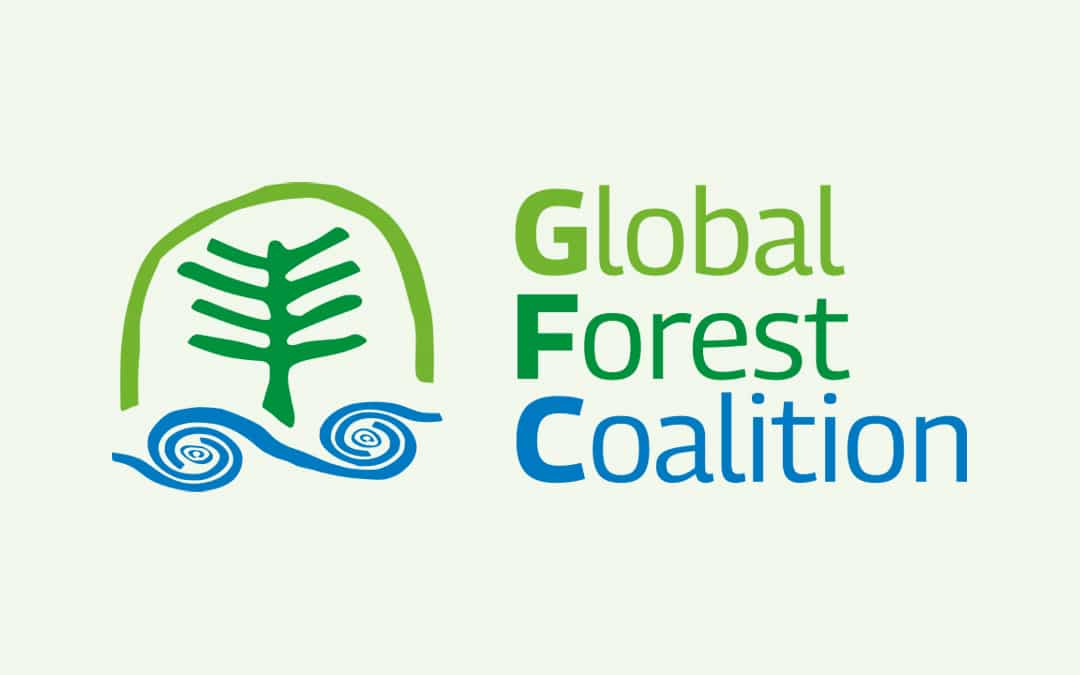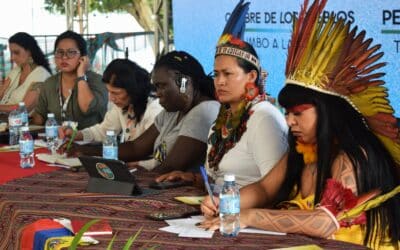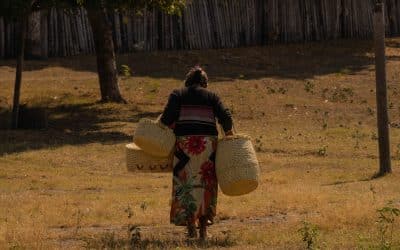Baguio City, Philippines April 22, 2013
Today, on the 22nd day of April 2013, 36 delegates from indigenous peoples and communities worldwide and advocates gathered in Baguio City for an International Indigenous Peoples’ Workshop on Aid and Development Effectiveness. This statement is the synthesis and resolution of the workshop.
Indigenous peoples (IPs) through their organizations, pursue a movement for indigenous peoples rights and self determined sustainable development ,that is now a sustained presence in the global CSO (Civil society Organization) arena. Yet on current global processes and debates on development aid and effectiveness, IP participation is minimal, unofficial and usually by determined assertion; thus they are denied opportunity to benefit from such processes. This perpetuates the historical discrimination and marginalization of Indigenous Peoples since colonial times; on socio–political and economic benefits and advancement of society, or so called “development”.
A. Nature of Development Aid and Indigenous Peoples
At present, foreign aid and development cooperation exists between states, dominated by the ruling elite, and multilateral agencies; and CSOs like IP organizations are marginalized. Present official development cooperation primarily serves the interests of donor advanced capitalist countries and operates under the dominant global capitalist system. Fundamentally, it is a continuation of past colonial exploitation now imposed by donor countries under the scheme of neoliberal globalization. It is surplus capital out to generate more profit, rather than enable the self-reliance and sustainable development of IP communities and recipient countries. In fact “development funding” in the hands of multilateral agencies like the World Bank, or multinational corporations like Shell, and our very own governments; have been the scourge of indigenous peoples in development aggression. And supposed social development funding components in the hand of governments and big international NGOs, are self serving for them, and are usually tainted with corruption. Thus such funding that supposedly address poverty and other basic social needs, remain to be just mere rhetoric.
Mindful of this fundamental flaw and danger, IPs can view the development aid as an opportunity and should not default to states and big international NGOs to have monopoly over development funds. We must critique and continue to propagate our analysis in this global discourse; as we create our own spaces, assert our collective rights and advocacy on the UN Declaration on the Rights of Indigenous Peoples, and achieve gains for present and long term social well being. We engage based on our needs, and wherever possible and appropriate. We pursue our own alternative development framework that is self-determined and sustainable.
B. Indigenous Peoples Currently not engaged in development Aid Processes
While there is an active indigenous people’s movement advocating the defense of collective rights to life, land and cultural integrity, not many indigenous peoples organizations engage in the development funding discourse, or specifically on aid and development effectiveness; more so in the global arena. It is too far away from day to day community life and struggles. And the usual encounter with “development funding” has been with development aggression, that has been the target of our past and present struggles. So other views on development funding specifically on development aid, that maybe beneficial to indigenous peoples has yet to be widely understood.
The wide gap has then to be addressed, among indigenous peoples in the understanding and engagement on development discourse, specifically on aid and development effectiveness. This workshop on Aid and Development Effectiveness for Asia-Pacific with participants from Africa and Latin America is an effort towards levelling of understanding and global unification of IPs to engage in this undertaking.
There are a number of indigenous people’s organizations or IP advocate institutions at the national- global regional- and international levels, already engaged in the aid and development effectiveness process; with initial access to some development funding. The gap within the IP movement has to be bridged, through more information sharing and capability building. Community level organizations will have to be serviced by wider formations with relative capacity. That is why it is useful to build wider alliances at local, national, geographical regional, and international levels. Capability building shall also ensure understanding of the Indigenous Peoples agenda for self determined and sustainable development , whose details embody the richness of our diversity ; and united by common principles and aspirations.
C. CPDE as Opportunity for IP Engagement in Development Aid Processes
With the CSO Platform for Development Effectiveness (CPDE), there is organized opportunity for the Indigenous Peoples Movement to engage on development aid processes in the global arena, wherein other sectors are already actively engaged. As a people’s movement that seek unity with all other progressive forces for mutually beneficial endeavours, it is to the advantage of the IP movement that we engage in CPDE as a forum to advance our IP agenda – for self determined and sustainable development; that address both our immediate and long term socio-economic-political–cultural programs for empowerment and people’s welfare.
As a people’s movement, we participate in the CPDE:
1. To project our views and criticism of development aid,
2. To advocate on our position that development funds should support self determined and sustainable development of Indigenous peoples and other sectors of society,
3. To access development funding for our needs to further build self reliance, and that such funds be directly released to IP organizations, and
4. To continuously build unity with other sectors on development funds and effectiveness.
As we engage on development aid discourse through the broad CPDE forum, and may even access official development aid funds; we do not forget the reality of inequality and exploitation engendered by development aid. In fact, it is now time to collect the historical debt due us.
D. Coordinating Group for IP Constituency and Immediate Activities
Towards representative and broad participation of Indigenous peoples, and meaningful engagement in the Aid and Development Effectiveness agenda, an international coordinating group for the Indigenous Peoples Constituency of the CSO Partnership for Development Effectiveness(CPDE) is gradually being composed, to be finalized within April –June,2013. The Coordinating Group shall be composed of representatives from grassroots based Indigenous Peoples’ organizations and networks from Asia, Africa, Latin America, North America and the Arctic region; where most indigenous peoples are concentrated. From this International Indigenous Peoples Workshop on Aid and Development Effectiveness, representatives from Africa and Latin America will join the initial composition of the Coordinating group from Asia –Pacific, Asia Indigenous Peoples Pact (AIPP) and Asia Pacific Indigenous Youth Network (APIYN), and from international – Indigenous Peoples Movement for Self Determination and Liberation (IPMSDL).
For wider participation and continued education sessions of indigenous peoples on Aid and Development Effectiveness initiatives and processes, activities are proposed on occasions of big international indigenous peoples’ meetings and gatherings. These include an indigenous peoples’ caucus and side event on “Effectiveness of Development Aid” during the UN Permanent Forum on Indigenous Issues (UNPFII) from May 20-31, 2013 in New York, USA; and a “Global Indigenous Peoples’ Workshop on Aid and Development Effectiveness” shall be held during the Global Preparatory Meeting on the World Conference on Indigenous Peoples in Alta, Norway from June 8-14, 2013.***




